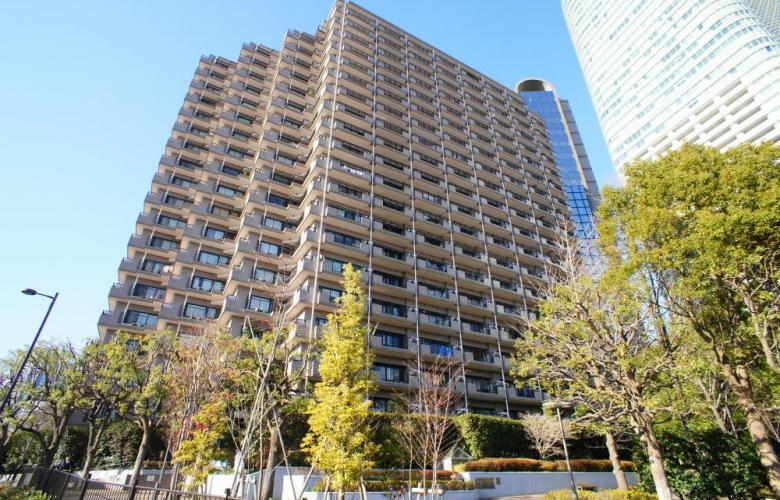Very important information to read:
This article is intended as a preliminary guide only and refers to some but not all elements required to consider in detail prior to starting any property dealings or due diligence. Property dealings are often complex, especially in foreign countries and we highly recommend you seek independent professional advice... read more... With older apartments often presenting attractive investment opportunities, it is worth knowing how long the roof over your head is going to last.
REthink Tokyo spoke with PLAZA HOMES about which Japanese apartments are more likely to stand the test of time.
History and current state of Japanese apartments
While century-old vintage apartments can be found throughout Europe and New York, commercial apartments have only existed in Japan for a little over 50 years.
PLAZA HOMES said establishment of the Building Unit Ownership Act in 1960 helped apartment living become a "popular alternative to home ownership" in Japan.
According to a survey conducted by the Ministry of Land, Infrastructure and Transport in 2013, the number of apartment buildings (by age group) are:
- 970,000 30-40 years old (built from 1973-1983,)
- 310,000 40-50 years old (built from 1963-1973,)
- 10,000 over 50 years old (built before 1963.)
The data shows that approximately 22% of the total number of apartment buildings (5,900,000 as of 2012) in Japan are over 30 years old.
What is the lifespan of reinforced concrete structures?
According to PLAZA HOMES, past studies have revealed the life of a building constructed with reinforced concrete to be anywhere from 68 years to 150 years, depending on its finishing material and the method in which the exterior of the building was crafted
Legally, the number of years the structure will remain durable in terms of tax law (useful life as a fixed asset) if built with reinforced concrete is 47 years.
The Housing Performance Indication System - introduced in the year 2000 - has brought to light the fact that many of the apartments built after 2000 are durable enough to last approximately 50-60 years or as many as 70-90 years depending on the grade of durability.
What is the lifespan of rebuilt apartment?
According to data from a survey by the Ministry of Land, Infrastructure and Transport, as of 2014, the life of rebuilt apartments is 33.4 years (national average) and approximately 40 years on average for Tokyo and Osaka.
The number of apartments in Japan that have been rebuilt (by age group) are; 36.5% for the buildings between 30-40 years, 23.7% for 40-50 years, and 23.2% for 20-30 years.
This data shows that there is a considerable difference in the lifespan of apartments that have been rebuilt depending on certain factors.
PLAZA HOMES said the lifespan of an apartment is often "highly dependent" on the choices of its residents.
Click here for more information about Japanese apartments.
Source: PLAZA HOMES
Similar to this:
What makes a property resistant to earthquakes?
Do you need to pay income tax in Japan?
Central Tokyo apartment sales results for November 2018
Very important information to read:
This article and the above linked articles are not complete and are intended as preliminary guides only. These guides refer to some elements to consider prior to starting any property dealings or due diligence. Property dealings are often complex areas, especially in foreign countries and we highly recommend you seek independent professional advice... read more... 




